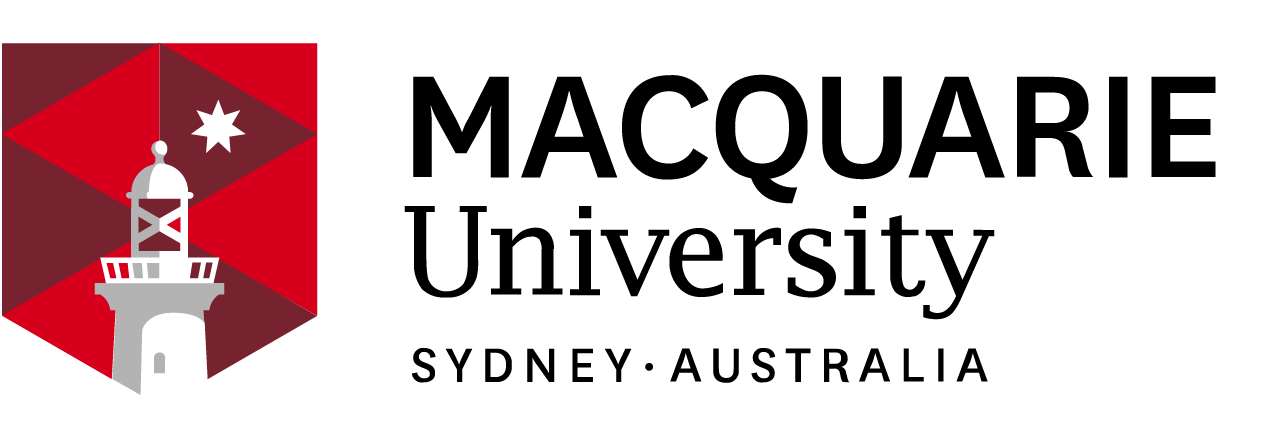US$3.26 trillion to US$3.92 trillion by 2030 - that's what the global value of the Internet of Things (IoT) is estimated to be according to an Australian Computer Society 2018 report by professional services giant, PwC, with the greatest impact across five industries: Agriculture, Fishing and Forestry; construction; manufacturing; healthcare and mining. These five industries represent 25% of Australia's GDP and IoT has the potential to significantly improve productivity to deliver substantial benefits to the whole economy.
There are five key trends behind these promising figures: declining cost of sensors, growing number of wireless connections, improving processing power, miniaturisation and cloud computing infrastructure. From Ford and Tetra Pak to General Motors and Airobotics, companies are set to profit from capturing data and communicating to other information systems, turning entire factories “smart” — remote-controlled and potentially autonomous.
These are promising facts and figures for anyone thinking about pursuing a Master of Information Technology in Internet of Things at Macquarie University.
Navigate the Future with a Master of Information Technology in Internet of Things
#1
uni for graduate employment rate in Sydney
14
lab computing precinct
Top 1
of universities
Top 200
in the world for computer science
The Faculty of Science and Engineering is home to two research departments and many world-renowned researchers. As a Master of Information Technology in Internet of Things student, you’ll be surrounded by and learn from the best minds in the field.
Working alongside academics who genuinely care, you’ll complete a program designed by experts to nurture the next generation of experts. After building a foundation in communication networks and security, AI and machine learning, and operating systems and application programming, you’ll work on projects with organisations involved in industrial applications of IoT across different sectors.
These projects take place within the university’s new computing precinct — complete with 14 purpose-built cybersecurity, networking, and gaming labs + VR space — and a unique high-tech precinct. The latter is where you can intern with world-leading organisations located at the Macquarie Park Innovation District.
International Scholarships: Explore a wide variety of long- and short-term opportunities for international students.
A future-focused curriculum
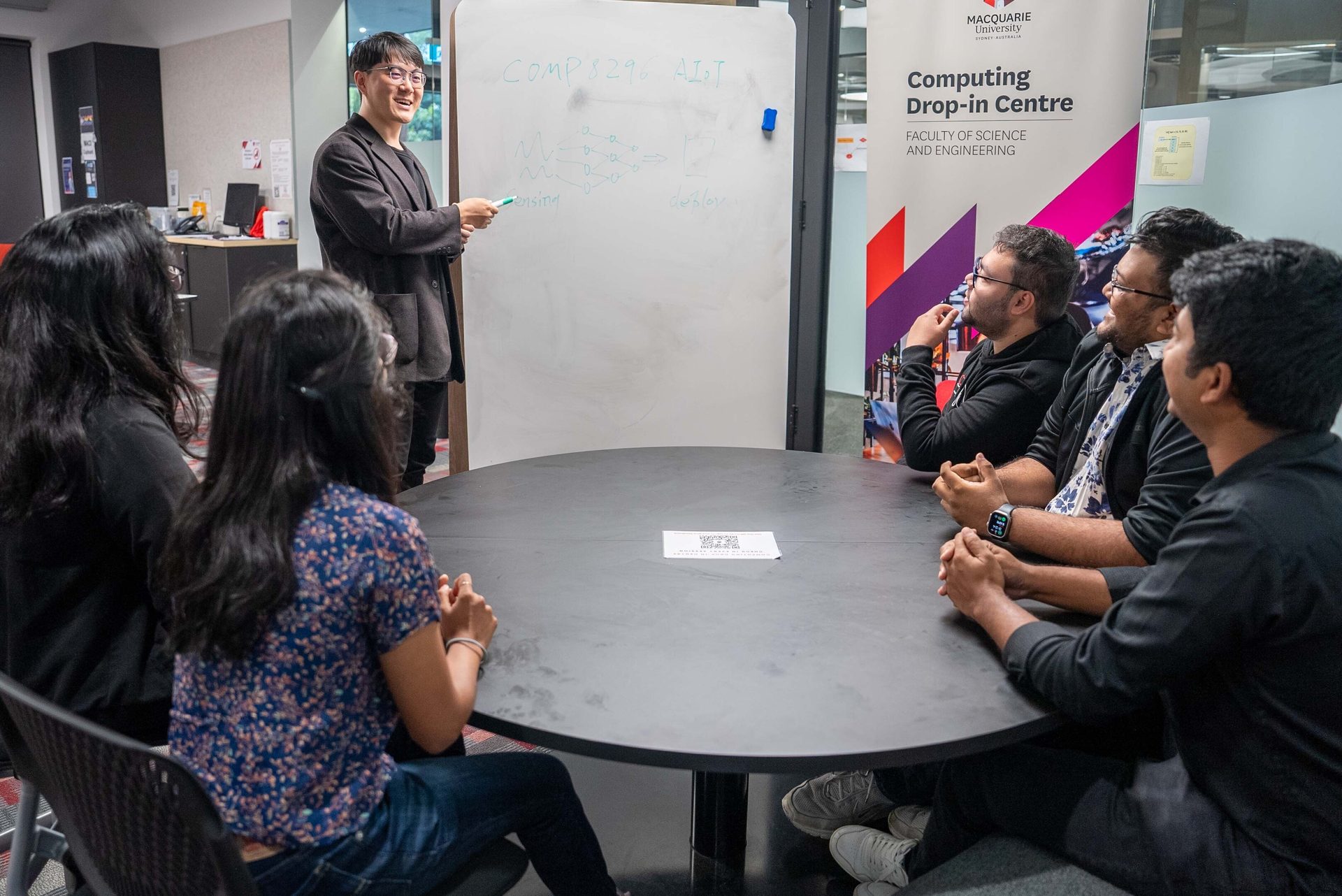
As the program is designed in consultation with a range of industries and sectors, graduates will have the knowledge, skills and opportunities to connect with professionals and companies. Graduate careers include data analyst, devices architect, embedded systems engineer, firmware development engineer, IoT security specialist, IoT test lead, network architect, software engineer, solutions architect, technical support engineer and technology consultant. From local councils and multinational corporations to science and technology organisations and engineering consulting firms, there’s a vast range of employers seeking to employ IoT graduates of Macquarie University’s calibre.
Compelling career outcomes
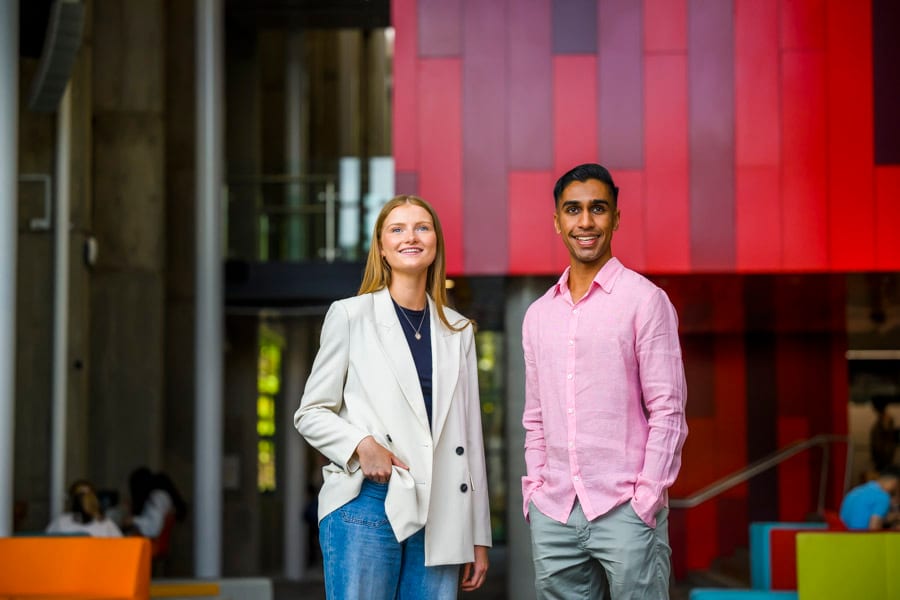
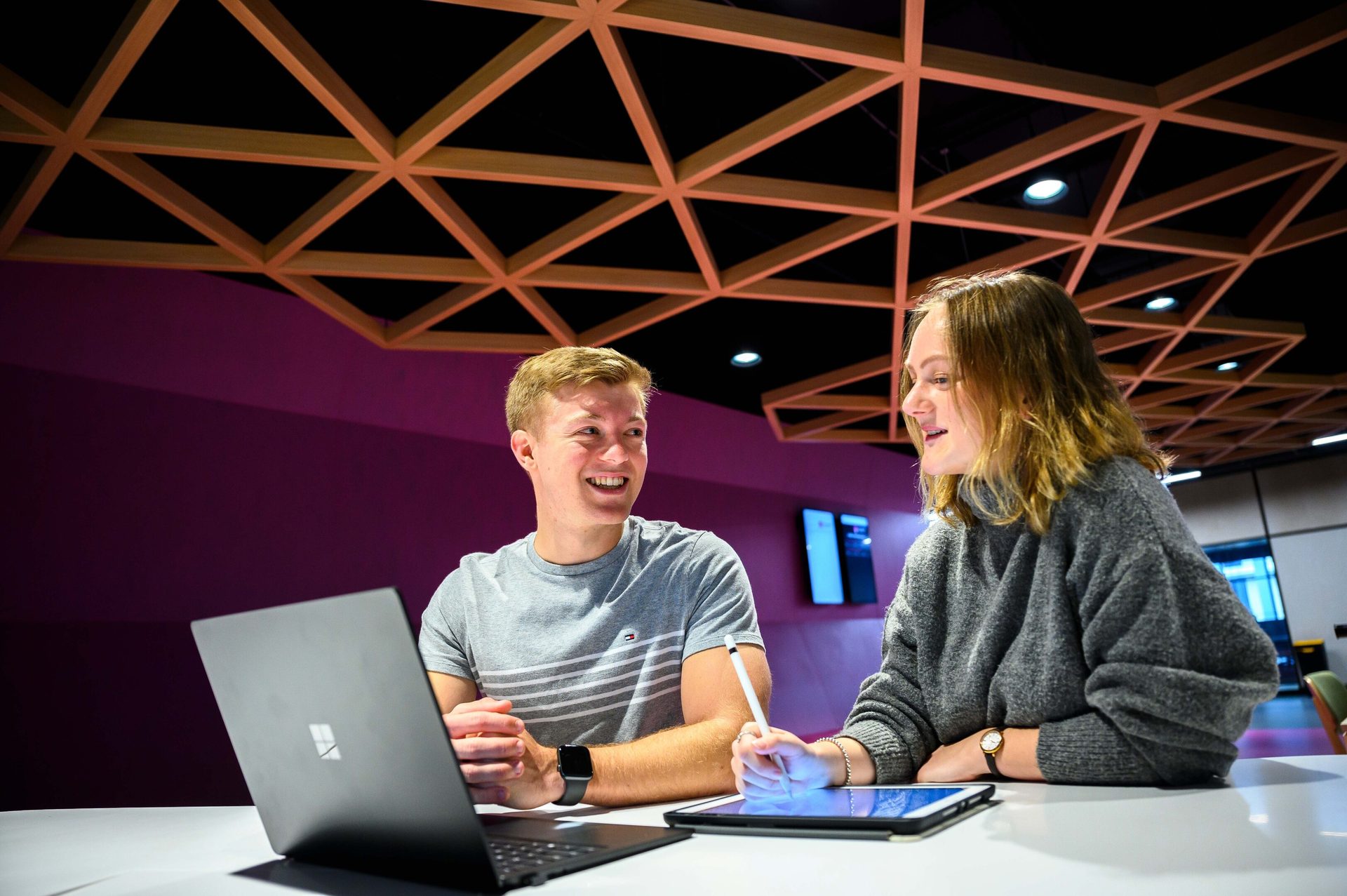
International students gain more than a career. With the expertise to create financial and health benefits, they can return home with the knowledge of IoT systems and products, knowing how to optimise resources to instigate real change for their communities.
Hear from the students
“IoT is at the forefront of emerging technologies that are coming up. I am a big fan of emerging technologies, new innovations, and staying ahead of the curve. IoT actually combines a lot of the fields that I like. I believe the best way to learn is through hands-on experiences, and with the experienced professors and instructors that we have at Macquarie University, I believe I have a bright future .”
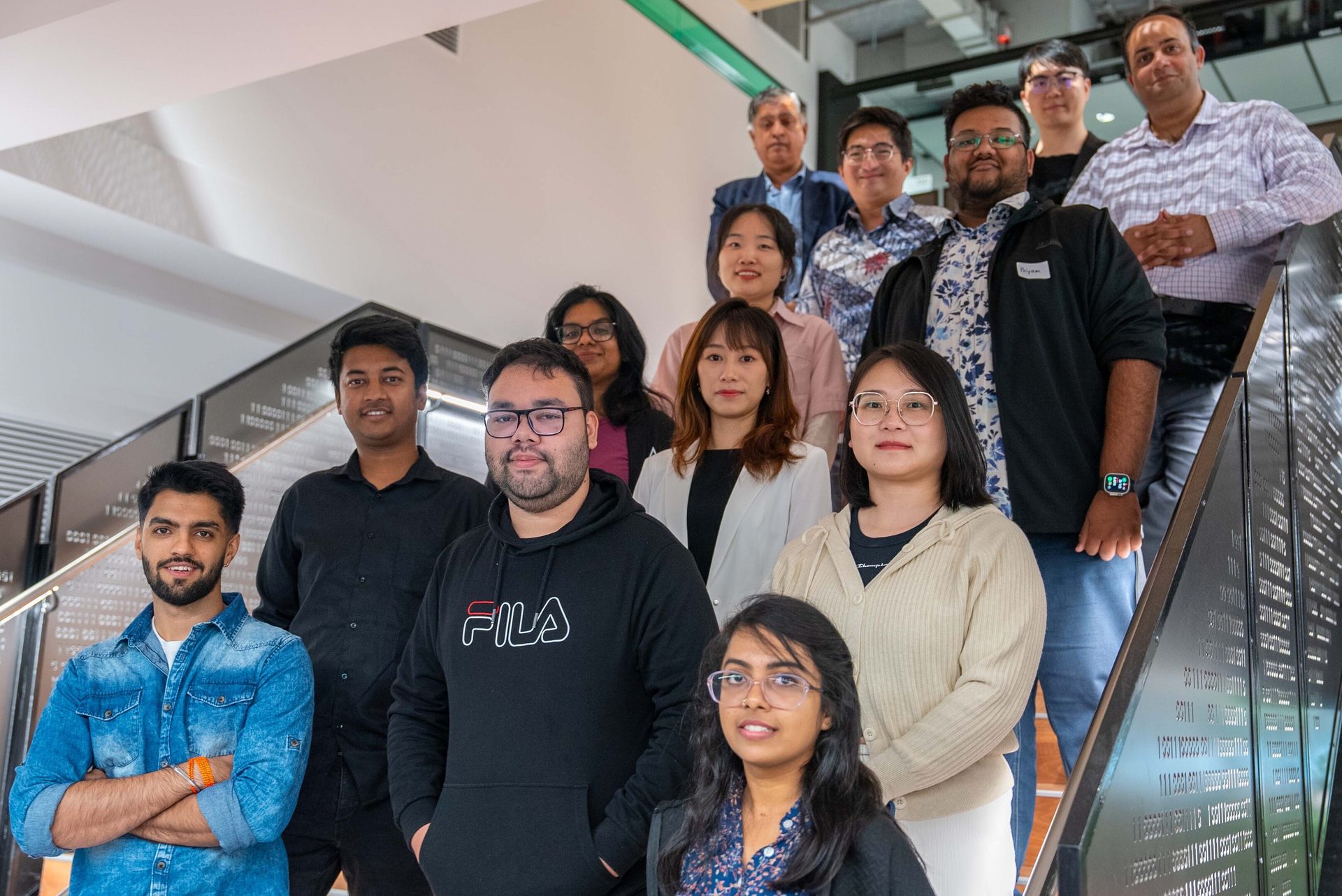
Md Rownak Dip
“The first thing on my mind is that it's less coding, more hardware, and a little bit of designing. So, it's not like you have to be backend; you can be frontend as well. That's your product and it is going to represent you. That motivated me towards the course. It's not about running from coding, but it's about surviving with minimal skills. The entire thing is focused on one main thing: the IoT at the end. So, you are not going all over the place for this. You are on a clear pathway.”

Karan Bhatia


